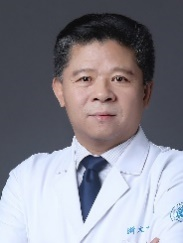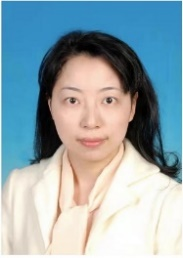Week 1:
Day 1: Program Overview, Department Introduction, Objectives Setting
Day 2-3: Outpatient Clinics (Preoperative Assessment of Lung Transplant Patients)
Day 4: Observation of Single Lung Transplant Surgery
Day 5: ECMO Setup Simulation and Hands-on Workshop
Week 2-4:
Monday:
Morning: Ward Rounds (Postoperative Care and Management)
Afternoon: Case Discussion – Chronic Rejection Management
Tuesday:
Morning: Surgical Skills Training (Single-Port Thoracoscopic Surgery)
Afternoon: Research Workshop – Biomarkers in Lung Transplant
Wednesday:
Clinical Rounds and Transplant Surgery Observation
Simulation Training: Airway Reconstruction Techniques
Thursday:
Academic Lecture: Strategies in Fungal Prophylaxis and Immunosuppression
Mentor One-on-One Session for Feedback and Guidance
Friday:
Multidisciplinary Conference: Complex Case Review and Discussion
End of Week Wrap-Up: Key Takeaways and Feedback Session


